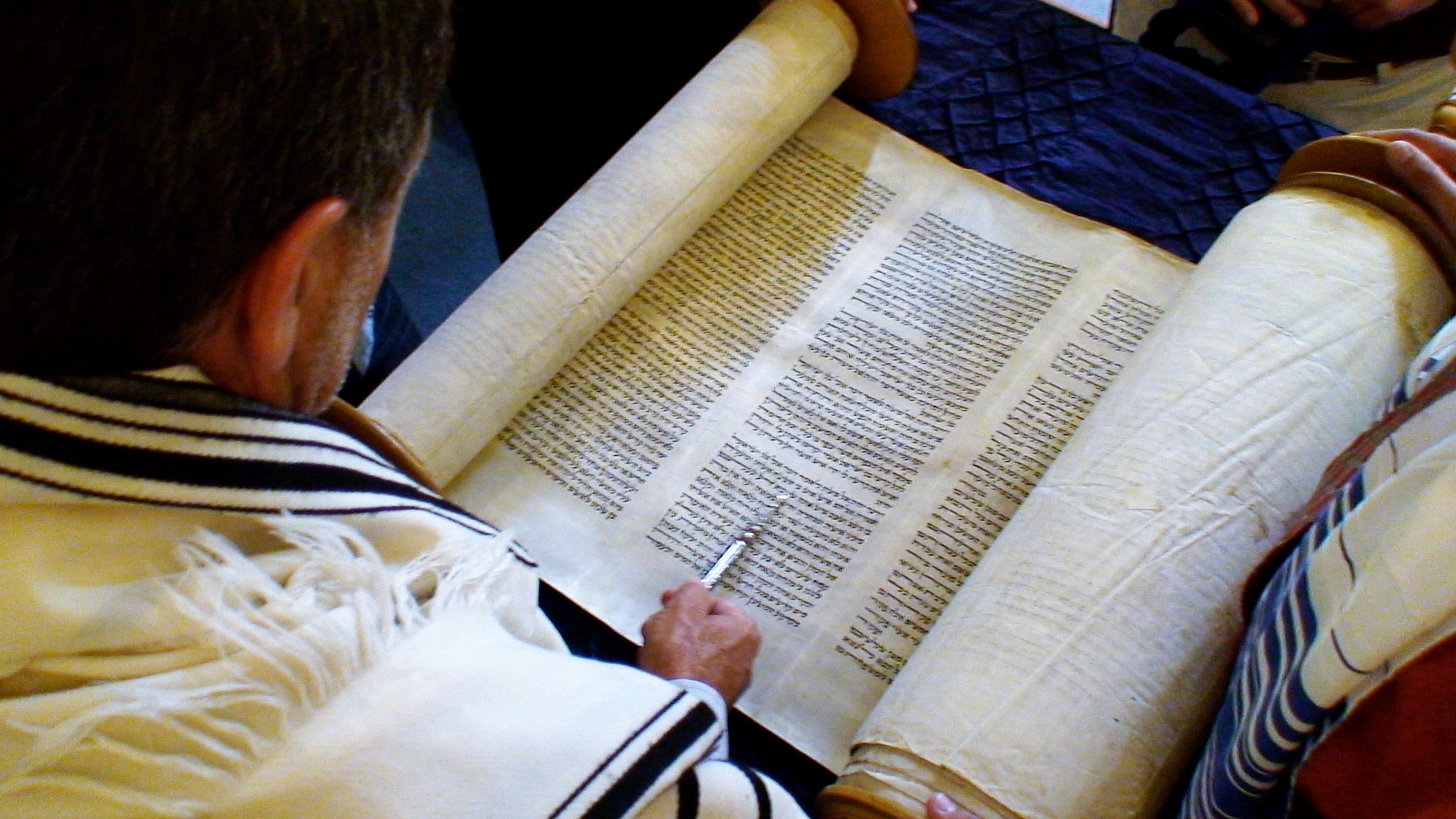By Rabbi Barney Kasdan (Jan. / Feb. 2025)
With the arrival of Presidents’ Day next month on February 17, we have the American time of annual reflection and appreciation for some of our past presidents. Undoubtably one of the greatest is Abraham Lincoln, who served our country at a most crucial time of the American Civil War. Much has been written about Lincoln’s vital leadership in regard to the ultimate emancipation of slaves and the advancement of civil rights in his day. Yet many people are not quite sure how Abraham Lincoln related to the Jewish community.
Some noteworthy points of contact are recounted in Jonathan Sarna’s book Lincoln, and the Jews— A History. One might assume that since Lincoln was born in a rural area, far from the Jewish community, that he would have limited contact with Jews or Judaism. While this was true of his early years, things changed as the family move to the larger Indiana community. His parents were strong protestant Christians who seemed to instill in young Abraham that the Jews were to be viewed as equals, which was not always the case with many people in that age. The Lincoln family reflected on many levels the similar values of the Jewish community, notably, that everyone is created in the image of God and no person should be the property of another person when all people are in fact, children of God. Not surprisingly Abraham found himself with increasing contacts and relationship with the Jewish community as he worked his way through his law career and entered into politics. Such people as Abraham Jonas, who was a state legislator became the only person that Lincoln is known to have called one of his most trusted friends. After Lincoln lost a Senate election in 1858, it was Jonas who strongly advocated for him to receive the nomination for president from the Republican Party, which was eventually accepted.
During his time in the White House, Lincoln showed his heart of support for the minority Jewish community. Interestingly enough, it was Lincoln who broke the religious barrier for Jews in the area of military chaplaincy. Up until that time there was a congressional policy requirement that military chaplains must be ministers of a Christian denomination. It was Lincoln, who supported Arnold Fischel from New York’s congregation Shearith Israel. Even this appointment was at first rejected by the US secretary of war, but with some political maneuvering, was finally approved. Among other supportive actions, President Lincoln continued to advocate for equality among all people, including the Jewish community. In the president’s eyes, the emancipation proclamation was inclusive of all humanity, which turned out to be a blessing for the Jewish community.
While Abraham Lincoln was not consistently connected to any church community, he openly showed his reference and faith for the truth of the Scriptures. Many of his speeches contain direct quotes from both Torah and New Testament, which clearly influenced his values and politics at that crucial time. When asked one time about the situation of the Civil War, the President famously quoted Yeshua that “a kingdom divided against itself will not stand” (Matthew 12:25).
After all the trials and tribulations of the Civil War, President Lincoln revealed the source of his strength at one compelling meeting:
“In regard to this Great Book, I have but to say, it is the best gift God has given to man. All the good the Savior gave to the world was communicated through this book. But for it we could not know right from wrong. All things most desirable for man’s welfare, here and hereafter, are to be found portrayed in it.”
Reply to Loyal Colored People of Baltimore upon Presentation of a Bible on September 7, 1864.
On this Presidents’ Day 2025 may we all have more faith in the life-changing message of the Scriptures as emulated by this great president Abraham Lincoln.

